DEI Voices: Sydney Elaine Butler - Founder at Accessible Creates
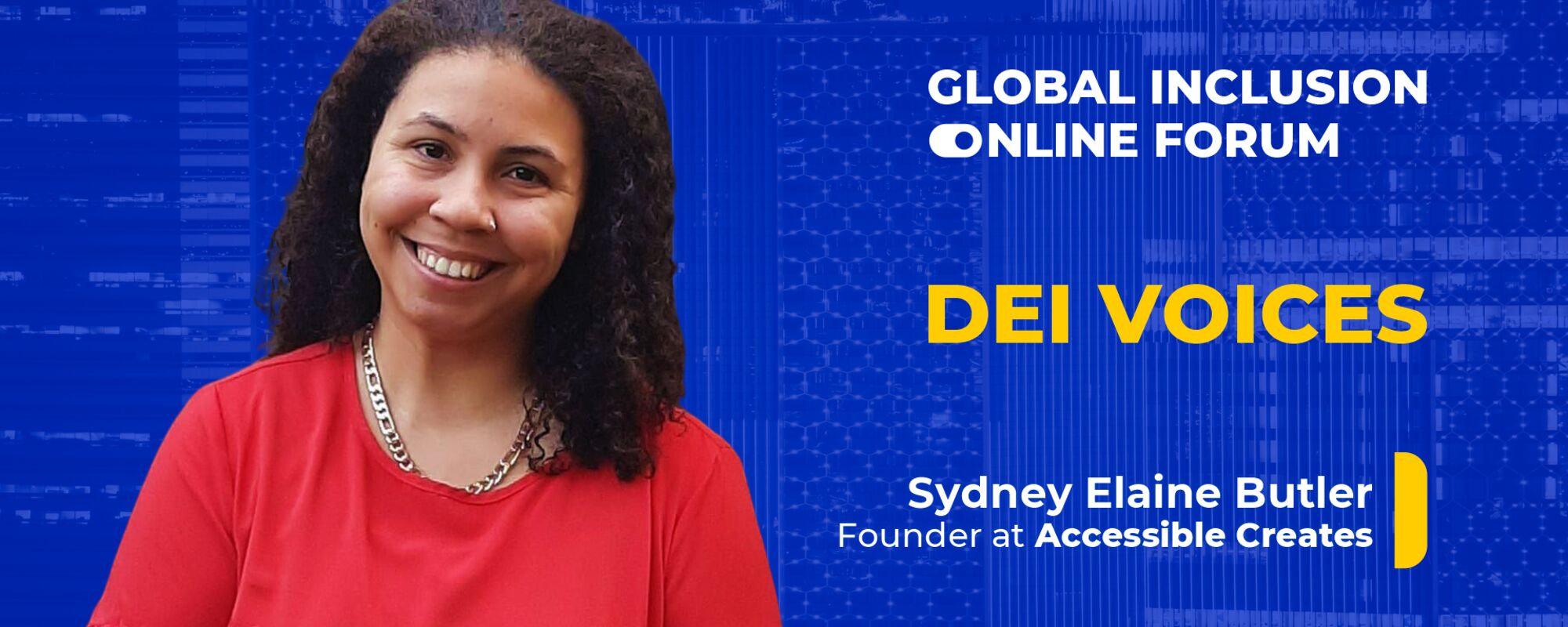
Despite a growing focus on DEI in business, disability continues to be caught in a systematic blind spot, preventing true change from occurring. The most common misconception is that hiring people with disabilities will be costly to accommodate them in the workplace; which could not be further from the truth.
In our latest #DEIVoices interviews, we spoke to Syndey Elaine Butler whose company - Accessible Creates in Canada - consults on accessibility, disability, and neurodiversity in the workplace.
Sydney is an accessibility and neurodiversity speaker and consultant, and DEIB (Diversity, Equity, Inclusion, and Belonging) facilitator at their company. The company’s professional purpose is removing physical and non-physical barriers in the workplace to help employees and companies reach their fullest potential while also boosting employee morale.
We asked Sydney five(5) questions about their DEI journey:
Q1. You’ve been a facilitator for Diversity, Equity, Inclusion, and Belonging for many years. Do you believe that the overall trend has changed in the past couple of years? What is the most inspiring story you can share?
The overall trend has become more important in the workplace and understanding how it relates to employee well-being and the employee experience. Previously, it was seen as separate, but now it is a crucial part of day-to-day business operations and is seen as connected to all of it. I am so happy that accessibility and neurodiversity are becoming known as a huge part of DEI work, as that is what I mainly focus on within DEIB. Companies are understanding the importance of neurodiversity at work and how to better be an ally and support neurodiverse individuals in the workplace–which is what my company Accessible Creates focuses on and trains and consults other companies to do.
Q2. What initiatives have you worked on in the past years? Can you describe the most unexpected results of your work?
I have worked on numerous initiatives in the past which include consulting on job descriptions, policies and procedures for use of inclusive language, and removing barriers for diverse individuals in the workplace. I have also implemented training on DEIB topics. I have helped companies create ERGs [employee resource groups]. The most unexpected result of my work is that a company recruited and retained an increase of 75 percent of diverse employees after I provided training and consulting for them because they understood the importance of inclusive hiring and how to better retain diverse talent.
Q3. In 2005, the Toronto government passed the Accessibility for Ontarians with Disabilities Act (AODA). How did it change things for people with disabilities? Which story stands out to you most?
AODA, oh man. Okay, so while it has changed things for people with disabilities living in Ontario, there is still a lot of work to be done. It did create a list of bare-minimum standards that companies and businesses should adhere to for customers, which in their case means actual customers as well as employees–which gets kind of confusing, and employers try to skirt around it. AODA training is now the minimum for what employers should offer as training in this space. It is great that employees are being trained on these issues, and it is helping make Ontario a more accessible place. I know two sides of it, where it helps eliminate barriers for my friend trying to enter the workplace, and in the end, the language is vague and creates more headache for my friend already in the workplace.
Q4. What problems still exist for people with disabilities and how as a society can we solve them? Have you witnessed the discrimination of people with disabilities yourself?
There are still many problems that exist for people with disabilities, which include how people perceive people with disabilities and not paying disabled people equal pay. A lot of companies think they can get away with not paying people with disabilities the same amount of pay, and that they are just grateful to have a job. Disabled people are people and deserve equal pay like everyone else and to be able to afford the life they want. Yes, I have witnessed discrimination of people with disabilities myself, which ties into my answer about how people perceive people with disabilities, both personally and with my friends. It boils down to people having a misconception of what people with disabilities can and can’t do, and not understanding that disability and neurodiversity are spectrums. Everyone experiences it differently, and that is okay. For example, using a cane one day when you have a flare-up versus a day you do not have one–people get confused because they do not understand that things can look different day to day for people with disabilities.
Q5. Can you name the most common misconceptions about hiring a person with disabilities? Did you have a case in your consulting career where the company refused to accept your advice?
The most common misconception about hiring people with disabilities is that it will be costly to accommodate them. Most accommodations cost nothing at all. Accommodation is seen as this big massively expensive thing, when it can be as simple as modify and rearrange job duties, accessible parking space, et cetera. I had a client that did not understand that in order to post on disability-specific job boards, they had to first modify and make their job posting more inclusive. That is the first step; you can’t expect to reach these candidates by just posting on their job and still using big fancy company and industry language and non-inclusive language. They just asked me which job boards, refusing to make their job posting more accessible and inclusive.
Did you enjoy reading the article? Stay tuned to our website, and social media pages for more articles as we continue to speak to fellow DEI practitioners, and advocates from around the globe! #DEIVoices #GlobalInclusionOnlineForum
To connect with Sydney: https://www.linkedin.com/in/sydney-elaine-butler/
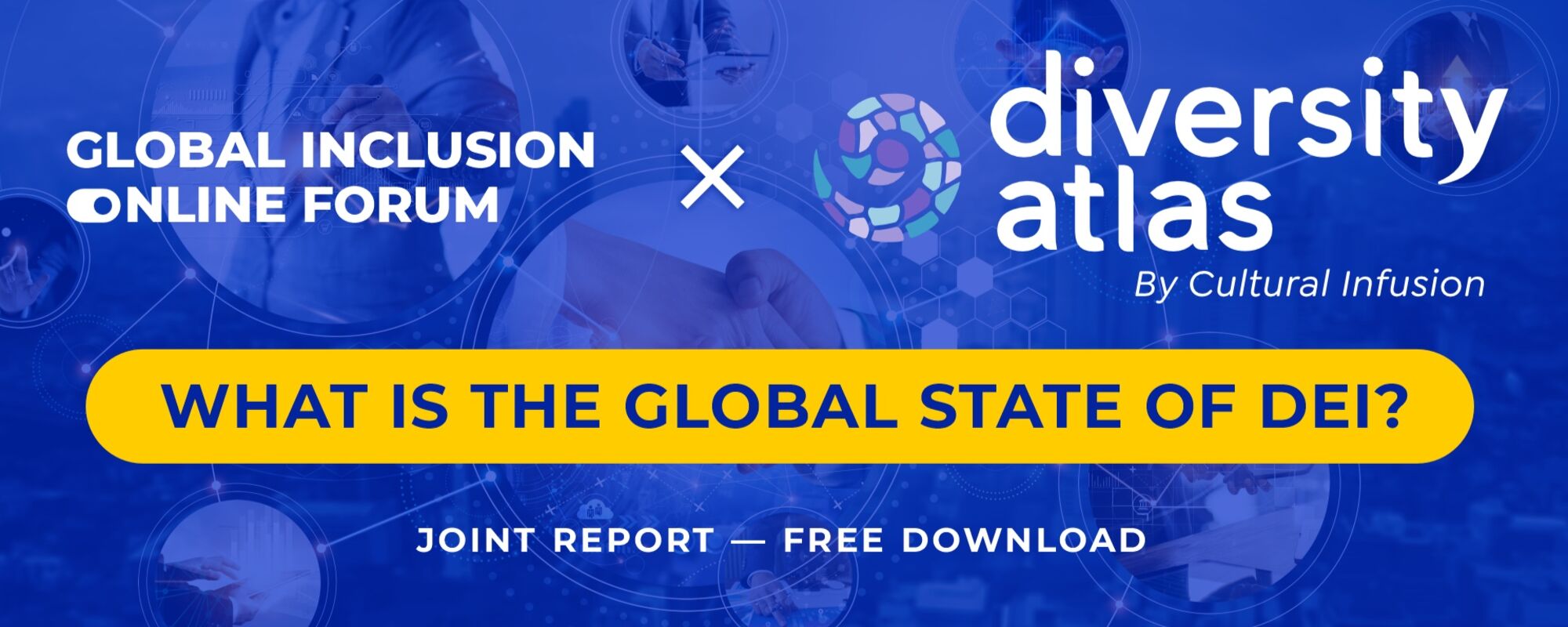
 Blind Hiring Summit: Embracing the New Age of HR
Blind Hiring Summit: Embracing the New Age of HR DEI Data Summit
DEI Data Summit Diversity Fatigue Summit
Diversity Fatigue Summit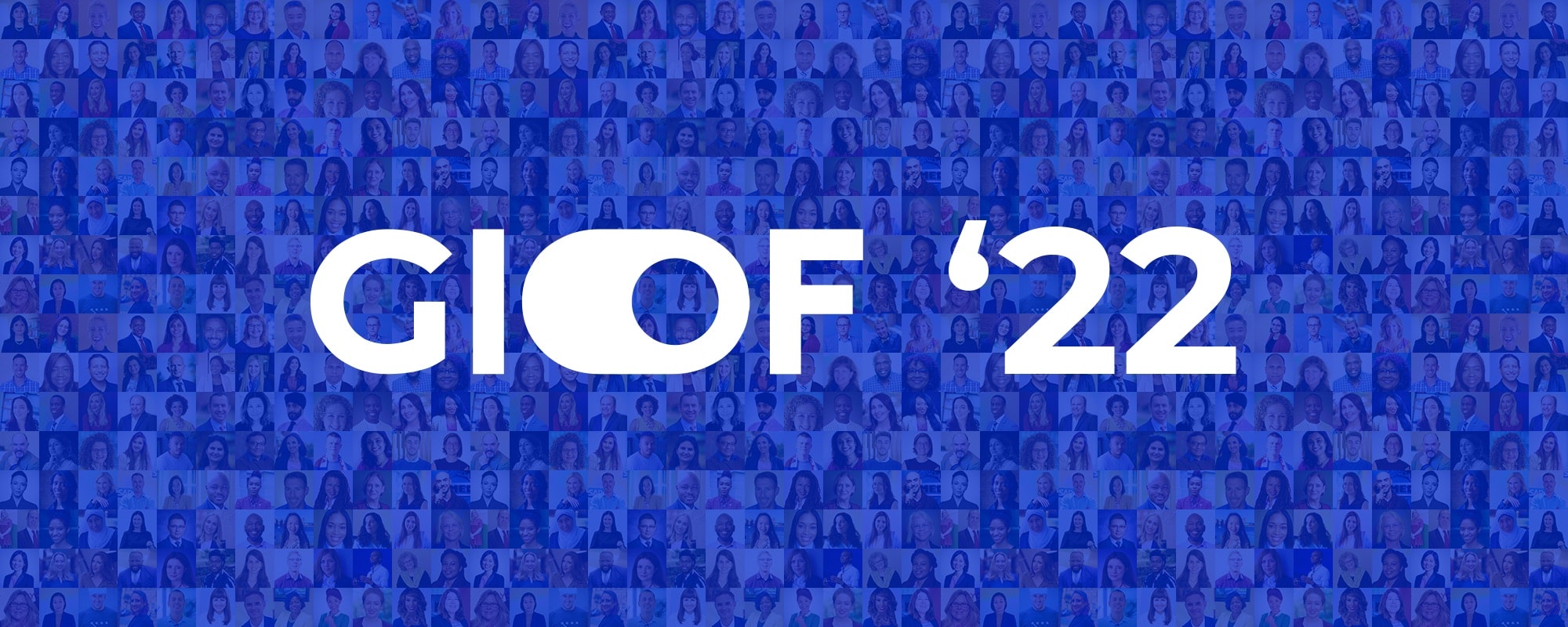 GIOF 2022 Annual Meeting
GIOF 2022 Annual Meeting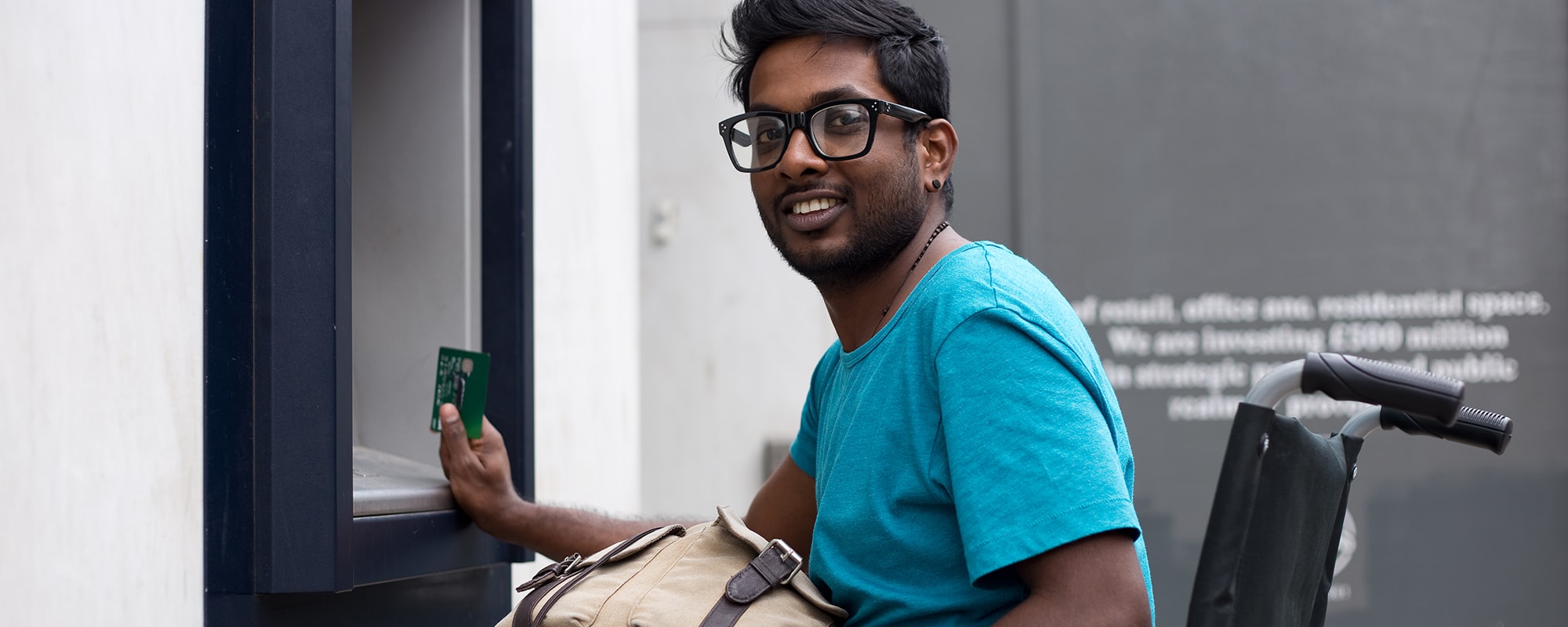 Banking for everyone: Arising accessibility trends in banking and financial services
Banking for everyone: Arising accessibility trends in banking and financial services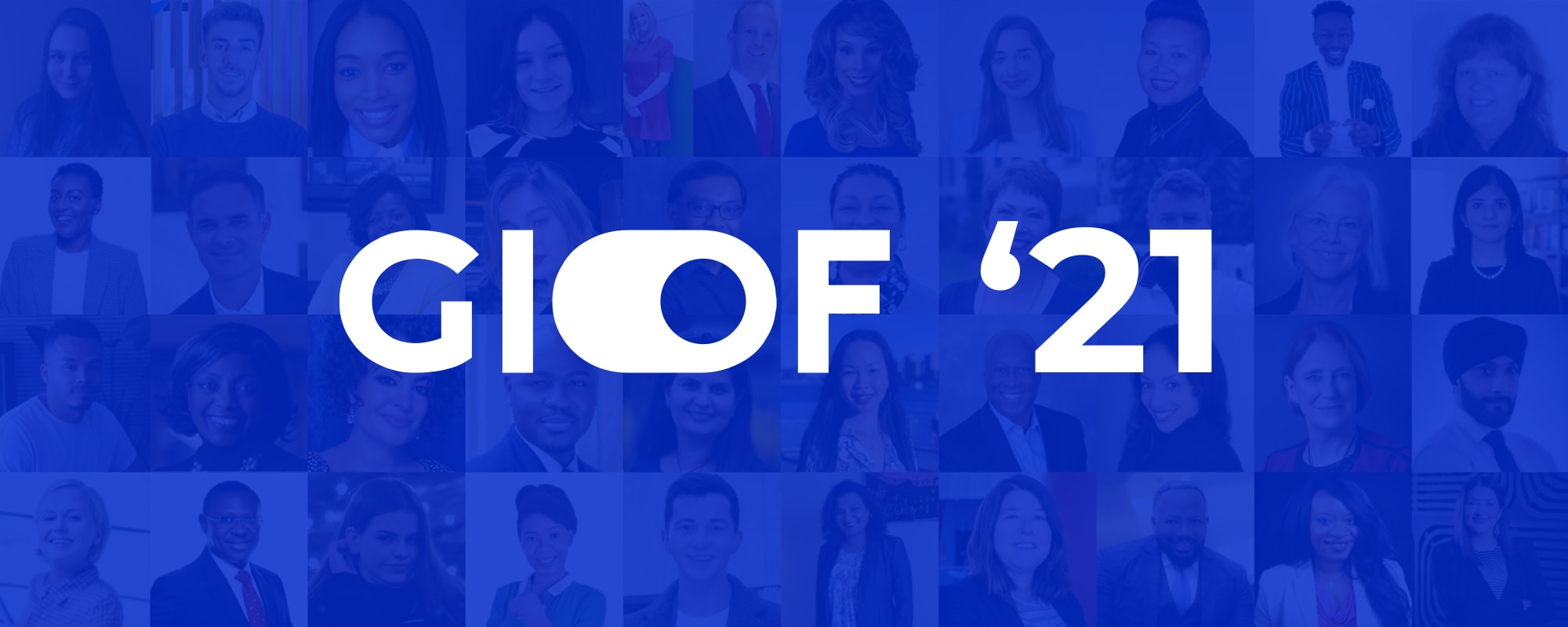 GIOF 2021
GIOF 2021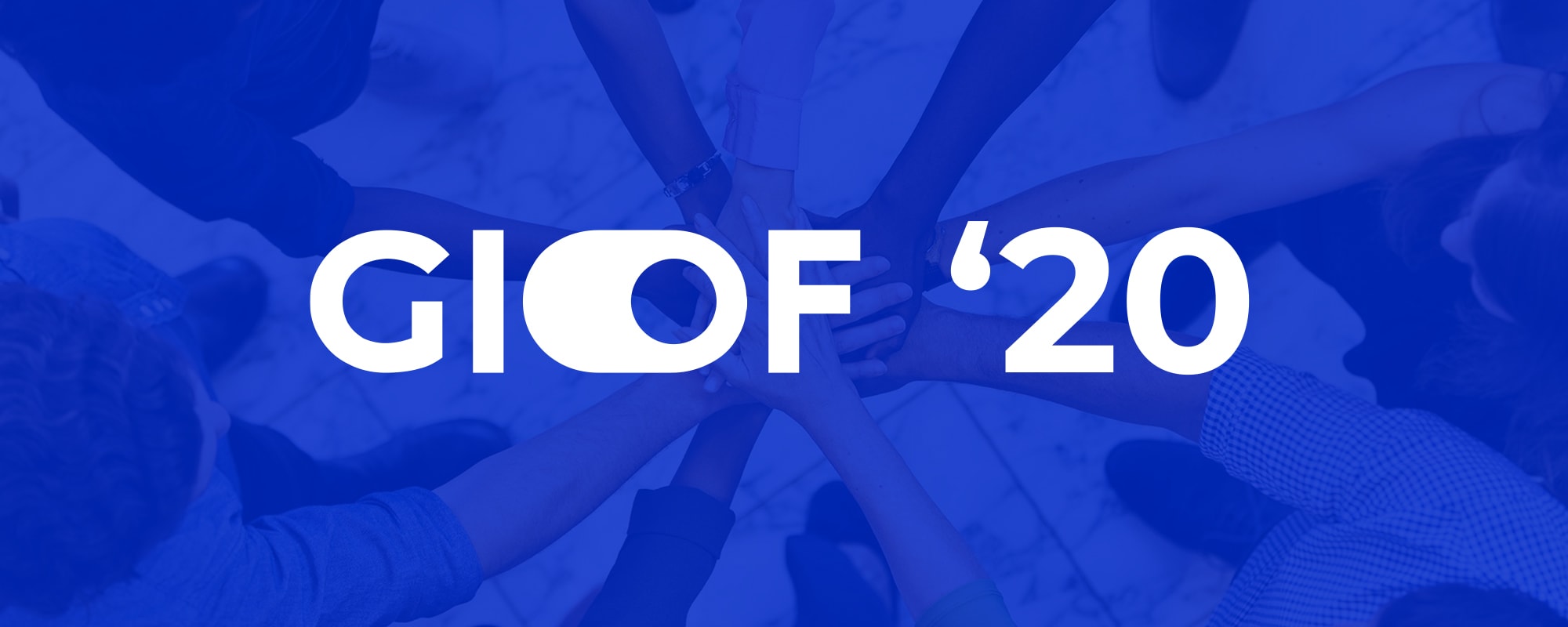 GIOF 2020
GIOF 2020